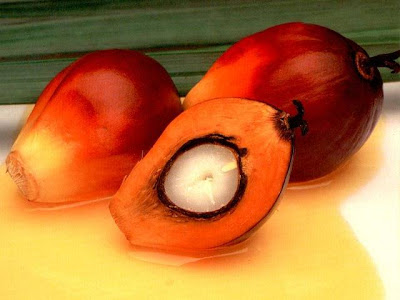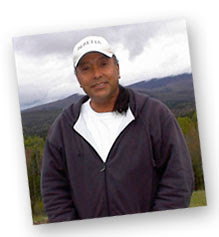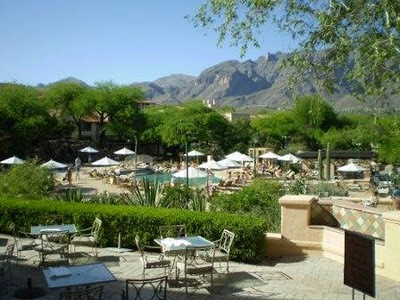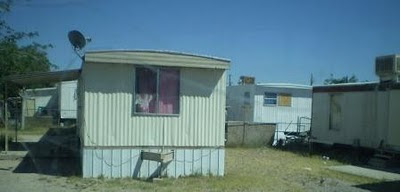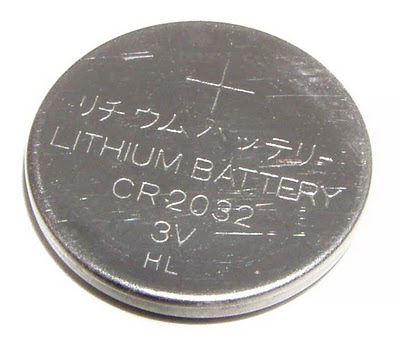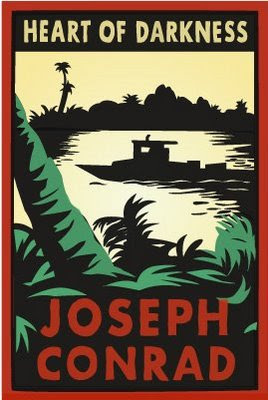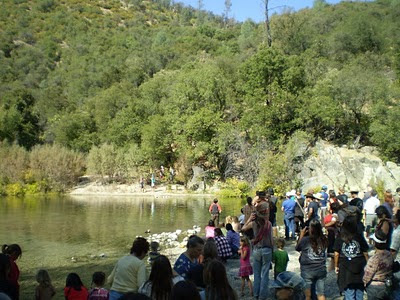"Excuse us for the news
You might not be amused
But did you know white comes from Black
No need to be confused
Excuse us for the news
I question those accused
Why is this fear of Black from White
Influence who you choose?
Man c'mon now, I don't want your wife
Stop screamin' it's not the end of your life
(But supposin' she said she loved me)
What's wrong with some color in your family tree"
Public Enemy, powerhouse of the 80s and 90s, hitting heads through the eardrums, morality through the your ribcage, attitude through the gonads. I was a skint dishwasher in London when i bought
Fear of a Black Planet on tape and rapped it round on a permanent loop on my Sony Walkman.
I was living in Notting Hill Gate at the time, in a doss house run by an almost creepy Chinese man (I was sitting on the shitter one day when I heard him pledge everlasting love to a rather attractive English girl. She later showed us wicked heads the diamond ring...). There were three South Africans on the run from the army, a girl from Sierra Leone who posed in a porn rag (she showed my roomie, Simon from Oz. I declined to view the spread pages). A beautiful Swedish girl (is there any other sort in a doss house in 90s London?), who had a crush on one of the Saffa's, and who read Bukowski which only I had heard of... ae, there's the rub. All sorts, and it was the diversity which gave it the energy.
Once Ozzie Simon and I had a party in our room - 8' by 10', sink in one corner, cockroaches scurrying behind the peeling wallpaper when you flicked on the single light. I swear we had over 20 people in the space for a time, four on the top bunk, five below, two on the window sill, the others squeezed in, a busker off the street for entertainment.
We once let two other itinerants sleep on our floor -an Irishman whose name I can't recall, and an Italian by the name of Damiano who came from a town on the Adriatic where the easiest money was in smuggling. The first morning we all wake, dress, splash water in turn, move carefully about that tiny space without stepping on any toes until after four minutes or so of no conversation, we all simultaneously broke out laughing.
Good times, although a young persons game, and best to be single to avoid the less proud moments that just cropped up on a regular basis. Rude jokes galore, at anyone's expense. But a respect born of shared troubles: dodgy lodgings, crap jobs, big dreams, anguish artistic longings, unrequited love, a primal lust for life so thick you could lick it.
On occasions I'd walk to work, the kitchen of a private hospital on Harley Street. I was usually the only non-African KP (kitchen porter), most of the others came from Ghana or Nigeria. Black as in blue-black, and proud which so rankled some of the white (English, Irish) chefs they would hiss racist commnents about my workmates amongst the steam and pots and knives. Hiss, mind, never had the guts to say it out loud, to one of those big black faces that had a way of staring down with a certain pity.
I, of course loved, it.
I was eventually sacked, for taking home a plate of untouched roast beef, sliced thin with a bit of garnish, and a packet of digestive biscuits. When my boss, a white woman called Joanne, confronted me about it (I was caught by a security guard) she said how disappointed she was, how she expected better from me.
I snapped at her. 'What does that mean?!', both us knowing full well she meant that as the only white man in the basement (not many poms picked me as Maori), I was the most reliable, the one she depended on, I would've been the next for promotion. She looked down, ashamed at even this tangential challenge.
I think I listened to AC/DC that night, taking the tube home (from Marble Arch? The memory's not what it was, and I threw out my 13 or 14 volumes of daily dairy recordings). Momentarily thought of tossing myself on the tracks, then pulled back. 'Oooh, shit that would hurt.'
One day in the kitchen a fella came up to me, blue-black, chubby, small thin moustache. He said, 'Are you Maori?' (They all knew I was from NZ). 'Why, yes,' says I, amazed (those who know me know i'm cafe au lait!) so I asked, 'How'd you know?'.
'Oh,' says the African, 'you just look like you are.'
He lent me two books by Malcolm X, one a collection of speeches. They were inspiring, of course, but i was surrounded by inspiration in those days, the energy source being the diversity of a colonial metropole.
One thing i'm sure. TVNZ is not less diverse for the departure of one Paul Henry. As we know, they are a dime a dozen, pudgy people, soft, fearful, smarmy but perhaps slightly less so from this day on. I see scared hope in their stupid, maniacal, grins.
As another poet once said,
"He went like one that has been stunned,
and is of sense forlorn.
A sadder and a wiser man he woke the morrow morn."

PE in the south, January 7th, 2011.
Bench Music, The Groove Guide, Juice TV, 95bFM and RDU Present:
PUBLIC ENEMY ‘FEAR OF A BLACK’ PLANET TOUR
ISAAC THEATRE ROYAL
With support from Scalper // Ghost
Tickets from
http://www.blogger.com/www.ticketek.co.nz and Real Groovy
Make some noise Christchurch




